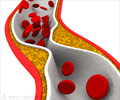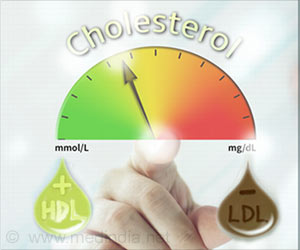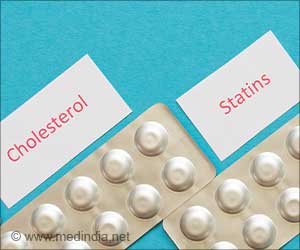Researchers claim to have identified a novel therapeutic target that helps to reduce triglycerides and increase good cholesterol levels.

Metabolic syndrome is a combination of medical disorders that increase the risk of developing cardiovascular disease and diabetes. Cholesterol is a growing public concern worldwide characterized by an increase in triglycerides, decrease in plasma HDL-C, obesity and resistance to insulin that can lead to both cardiovascular disease and diabetes.
Recent studies have indicated miR-33a/b regulate genes involved in cholesterol and fatty acid metabolism pathways. miR-33a/b strongly represses the cholesterol transporter ABCA1, resulting in decreased generation of HDL-C and reverse cholesterol transport. In addition, miR-33a/b also inhibit key genes involved in fatty acid metabolism resulting in the accumulation of triglycerides. The ability to inhibit miR-33a/b to reverse these events provides a novel therapeutic approach to correct dyslipidemia and metabolic syndrome.
"This study represents a significant advance from our proof-of-concept studies in mice showing that anti-miR-33 can both raise HDL and improve existing atherosclerotic vascular disease," said Katey Rayner, PhD in the Department of Medicine at NYU Langone Medical Center and co-author of the study. "These exciting results now bring the use of miR-33 inhibitors one step closer to the clinic."
Source-Eurekalert














